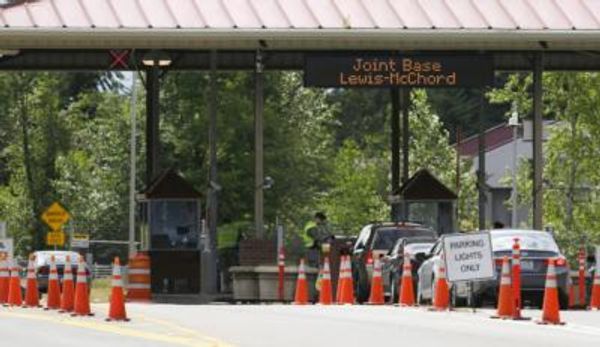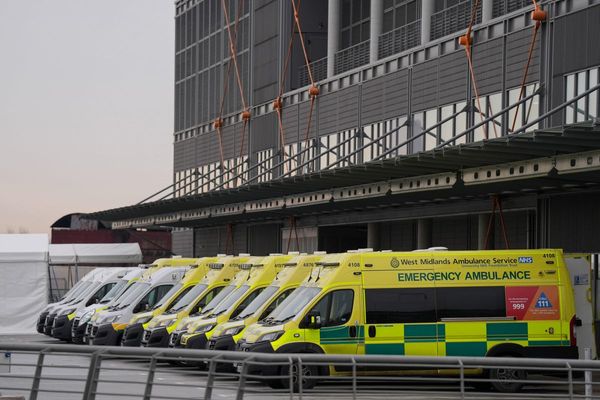
This move by the Church of England is a small step in the right direction, but there is a long way to go (C of E setting up £100m fund to ‘address past wrongs’ of slave trade links, 10 January).
The £100m is chickenfeed compared with the modern value of the money that the report has identified as coming from the profits of investments in the South Sea Company. In the period 1708–93, that income amounted to £633,946. By the method the report used to convert contemporary sums into modern-day terms, today’s value of this would be £1,361,000,000.
If the Church of England were truly repentant, then this would be the sum it would put into the fund.
Moreover, the church will decide on the composition of the oversight group charged with dispersing the fund. This is philanthropy at its worst. Such charity allows the perpetrator to determine the amount and the manner in which the profits of their crimes are distributed. The church decides on worthy recipients – it should be the descendants of the enslaved who decide. There is a Caribbean Reparations Commission; it would show much more sincere repentance if the church were to begin negotiations with it.
The report itself is an excellent piece of research showing the possibilities of collaboration between accountants and historians in uncovering the past. It is a pity that the response of the Church of England falls short of such excellence.
Dr Steve Cushion
Institute of the Americas, University College London







